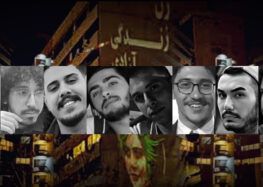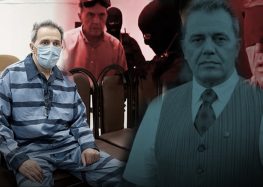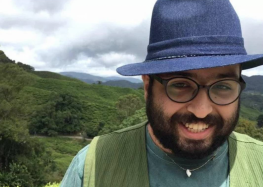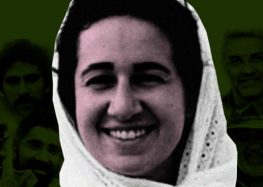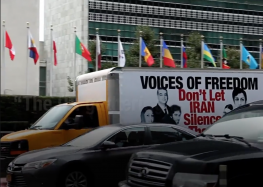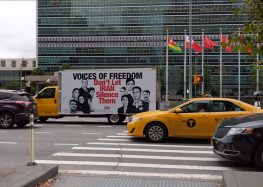Canadian Resident Sentenced to Three Years in Jail Shortly After Returning to Iran
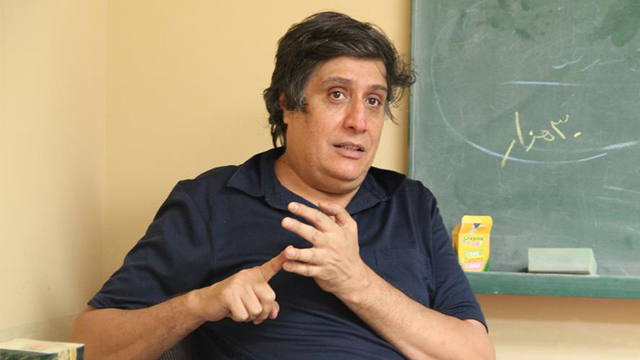
Political prisoner Mostafa Azizi, one of many émigrés who returned to Iran following assurances of their safe return by the Rouhani administration, has been sentenced to three years in prison and a fine of 70 million rials (approximately $2,300 USD).
The appeals court upheld the sentence against the Canadian permanent resident for the charges of “acting against national security,” “insulting the supreme leader,” and “propaganda against the state.”
“My father was previously sentenced to eight years in prison,” his daughter, Parastoo Azizi, confirmed in an interview with the International Campaign for Human Rights in Iran.
“The [Appeals] Court has not exonerated him of any of the charges. It has only agreed to cut five years off his prison sentence with the payment of a fine,” she said. “And two years of the three-year prison sentence is still enforceable under Article 134.”
According to Note 3 of Iran’s New Islamic Penal Code: “In the case of multiplicity of offenses, if there are mitigating factors, the court can reduce the punishment of the offender down to the average between the maximum and minimum, and if there is no maximum and minimum provided for the punishment, down to a half.”
“My father is free on 500 million rials (approximately $16,500 USD) bail and will return to prison after the two-week Persian New Year holidays (on April 1, 2016),” added Parastoo Azizi.
Mostafa Azizi, 53, was a successful television writer and producer in Iran before he and his family immigrated to Canada in 2008.
Security forces arrested him on February 1, 2015—two months after he had returned to Iran—and interrogated him for a month in Ward 2-A of Evin Prison, which is controlled by the Revolutionary Guards’ Intelligence Organization.
He was sentenced on June 11, 2015 to eight years in prison for “acting against national security,” “insulting the supreme leader,” and “propaganda against the state” by Judge Abolqasem Salavati of Branch 15 of the Revolutionary Court. His appeal was heard by Judge Hassan Babaei of Branch 54 of the Appeals Court on September 20, 2015.
Mostafa Azizi’s family reported that he had been denied adequate medical care for shingles, a painful skin disorder, in October 2015.
Political prisoners in Iran are singled out for particularly harsh treatment, which often includes denial of medical care, in direct violation of Iran’s own laws and prison regulations.
Other members of the Iranian artistic community have also recently been handed down sentences.
In late February, music distributors Mehdi Rajabian, Hossein Rajabian and Yousef Emadi were each sentenced to three years in prison and fined 200 million rials (approximately $6,600 USD) for “insulting the sacred” and “propaganda against the state” by a Tehran appeals court.
Keyvan Karimi, an Iranian-Kurdish documentary filmmaker, was also sentenced in February 2015 to 223 lashes and one year in prison for “insulting the sacred.”
Since President Hassan Rouhani was elected in 2013, several Iranians have faced arrest, interrogation and travel bans upon their return to Iran despite assurances by his administration that expatriates could rightfully visit their homeland without facing persecution.
In addition to Mostafa Azizi, they include, but are not limited to, journalists Hossein Nouraninejad, Bahman Darolshafaee, and Serajeddin Mirdamadi.

